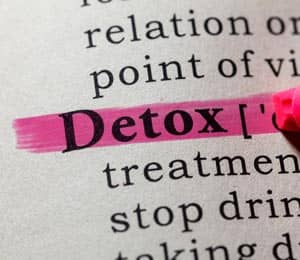Rehab Consultation Service to
Private Treatment Centers in Canada
We can help you find a detox in British Columbia. We have experience in the field, and specialize in private facilities, and do not represent any particular center.
What works for some may not work for everybody. That is why choosing the right facility is important.
Whether the person is suffering from drug or alcohol addiction, there is the right detox center. Call our 1-800 number or request a callback to contact our referral counsellor.
Get Immediate Help for Addiction
1 888-488-8434
Call our toll-free number

Helping a loved one enter a detox in British Columbia is often easier said than done. Many reasons can halt a person from “actually” arriving in detox. The main one is the person is not ready or willing to stop or commit. It can also be a refusal born of fear of the unknown. Either way, the person is not at the point and would need a push in the right direction, maybe with the help of an interventionist.
British Columbia offers many detox centers that one can attend. Why then is it so difficult for families to get a loved one into a program? Part of the reason is that the facilities themselves have limited beds. It is the state of affairs in provinces throughout Canada. For example, last year in Thunder Bay, 3000 people were turned away from service in one year, an average of 8 per day*. BC announced last year that 195 new beds were being funded across the province**. That is a good start, but British Columbia needs more beds. However, other reasons make it difficult to enter a public detox.
In certain cases, the person is in bad shape, physically and mentally, and cannot make such a decision. Yet the system requires that the person must willingly commit to a detox. Also, from our years of experience in substance abuse, families in British Columbia can gather information but cannot sign the person into detox. The addicted person must do this. Usually, a person with substance abuse will use daily. It is unreasonable to expect the person to have sufficient recognition to enter treatment. Truth be told, this situation in BC requires attention from those that have the power to make changes.
In the case where the family or the abuser has the means, they should seek alternative avenues. Such as a private detox in British Columbia. In the private sector, a family member can admit the person. The relative can also take care of all the paperwork, logistics, etc. The person requiring help only needs to show some sign of acceptance. Many think that private is costly, but it is not as expensive as one might think. Searching the internet, you will find luxurious detox and rehab facilities. But one can also find affordable well-structured successful detox and rehab centers.
The only other item to consider would be the severity of the abuse. If a person drinks heavily and for many years, they may require medical detox. The same goes for someone abusing benzos or opiates for extended time and amounts. Withdrawing from some substance can have serious consequences and should happen under qualified medical supervision. Most private facilities will only provide detox when a person commits to a full rehabilitation program. Most centers will tell you that detox by itself is not enough to save a person from addiction. But some will offer a two- or three-week detox.
Our referral and consultation counsellors have years of experience in the field. They can help your loved one find a suitable place to recover from addiction. You only need to call or request a callback. Once you call, they will assess over the phone to determine the best course of action. They will then put you in contact with a center.
References: